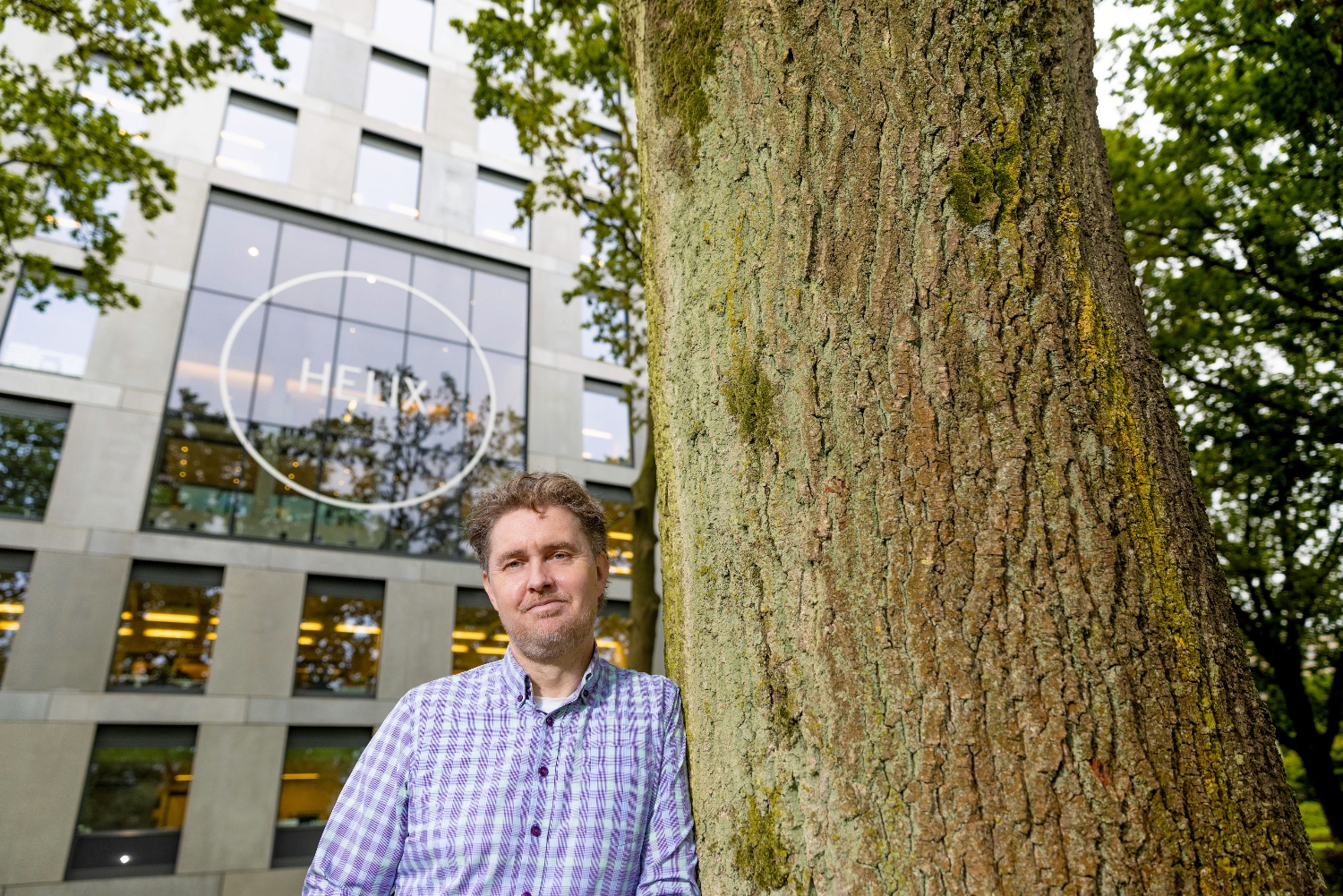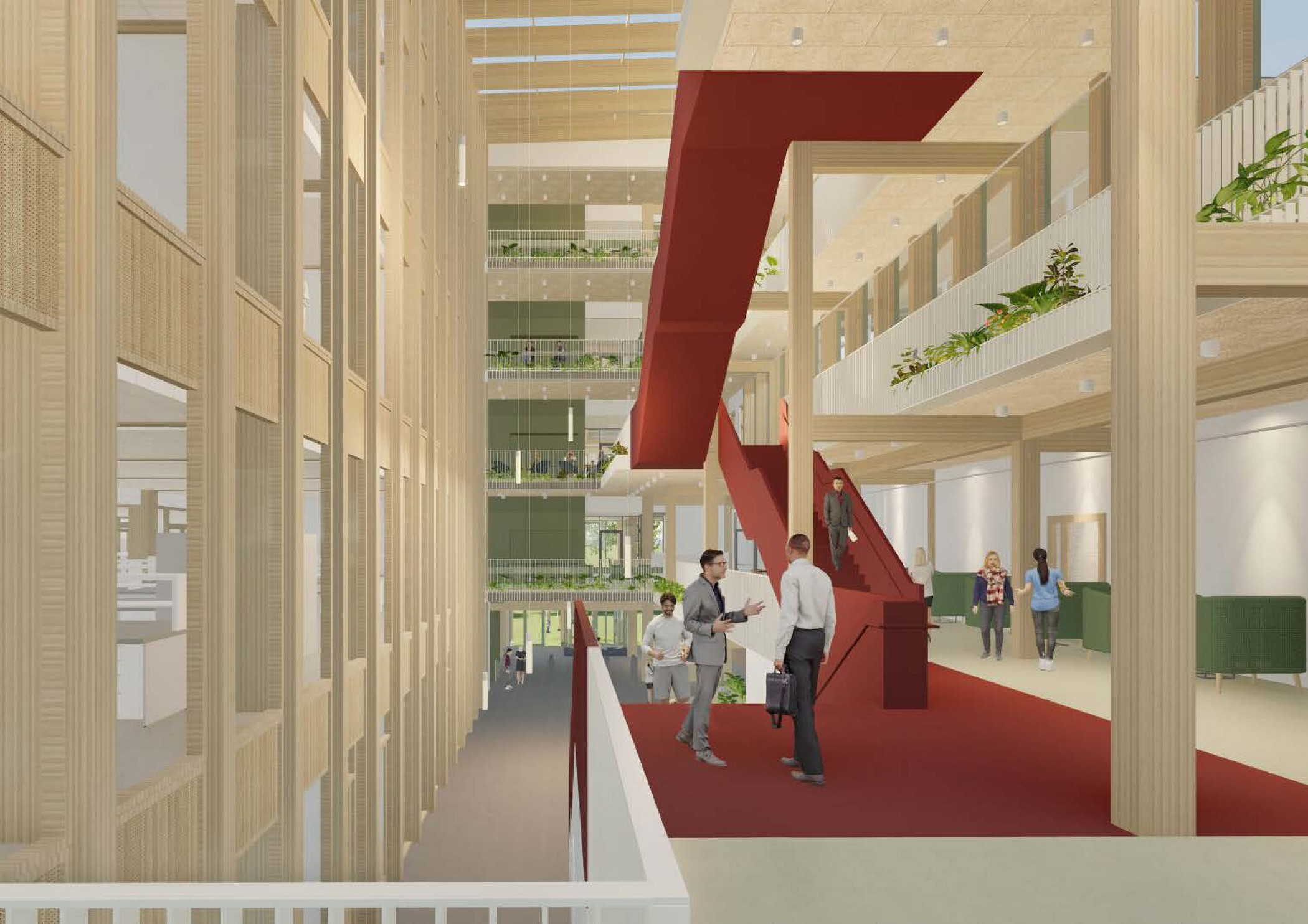How did complex life on Earth originate? This question is central to Professor of Microbiology Thijs Ettema’s work. During his research, he discovered the Asgard archaea, a group of micro-organisms that are the evolutionary closest thing to complex life forms such as humans. Complexity, in this case, refers to eukaryotes, an organism made up of cells with a nucleus and cell organelles.
Archaea do not possess a nucleus, but they do have the characteristics of eukaryotes. The latter was already demonstrated by Ettema. ‘They have several genes that eucaryotes also have and which are involved in the formation of compartments. They are small blisters covered by a membrane, which exchange substances. What are these eukaryote genes doing in archaea? My hypothesis is that they have a purpose related to complexity.’
Breakthrough
If this can be proven, it would be a breakthrough in biology, according to Ettema. ‘The prevailing hypothesis is that complexity in eukaryotes began after the introduction of mitochondria in cells. The presence of these “energy plants” is considered a prerequisite for the ability to become complex. Archaea do not have mitochondria. If there is complexity despite this fact, textbooks will have to be rewritten.’
The fact that the EU funds this type of fundamental research, which has no immediate application, is fantastic
Thijs Ettema, professor of Microbiology
The first step is to grow and get his hands on archaea. The indications of complexity are so far based solely on genetic research. ‘We want to know what they look like and what the proteins found in the genetic code do. We will attempt to cultivate these archaea with advanced technology so that we can observe them under a microscope. I hope this grant will enable me to reach this result within five years.’
Competition
Some haste is called for. Although Ettema is the pioneer of this field of research, there is competition. ‘We discovered the Asgard archaea in 2015, which has sparked an interest from various labs. Hence, competition has increased. The fact that the EU funds this type of fundamental research, which has no immediate application, is fantastic. Getting this type of research funded is not easy in the Netherlands.’
The ERC grant is a five-year grant that enables Ettema to employ two PhD students and two post-docs and acquire new equipment to cultivate archaea.

 Thijs Ettema. Photo Eric Scholten
Thijs Ettema. Photo Eric Scholten 

